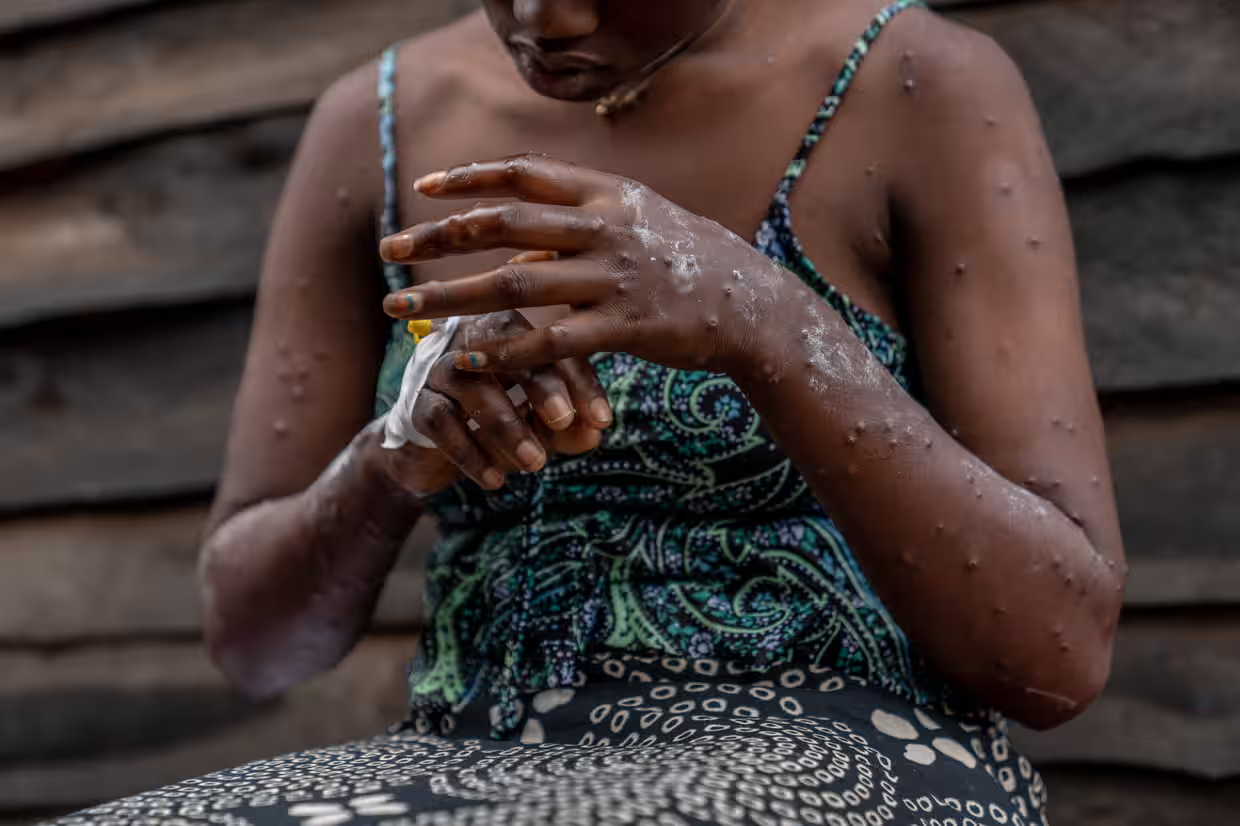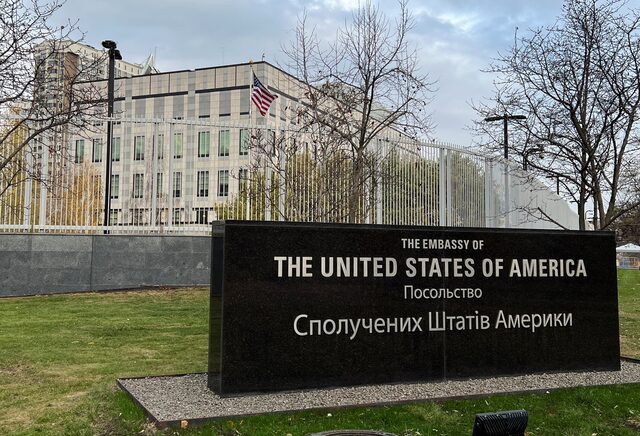Malawi is grappling with a growing outbreak of mpox, formerly known as monkeypox, as public health officials race to contain the spread of the infectious disease amid a broader surge in cases across the African continent.
As of mid-May, Malawi has confirmed 40 mpox infections and three deaths, according to its Ministry of Health. Authorities believe the virus is spreading primarily in the central and southern regions of the country and are urging the public to avoid unnecessary contact and report any suspicious symptoms.
Mpox, a viral disease closely related to smallpox, causes fever, skin lesions, and swollen lymph nodes. It is typically transmitted through close physical contact, including sexual activity. Although the disease has historically been endemic in certain forested parts of West and Central Africa, recent outbreaks have been reported in non-endemic countries, particularly in urban areas.
In a statement, Malawi’s health minister Khumbize Kandodo Chiponda acknowledged the seriousness of the outbreak and stressed that the government was “working around the clock” to trace contacts, isolate cases, and educate communities. She confirmed that treatment centers had been activated in affected districts and that healthcare workers had been deployed to support local responses.
“We are not taking any chances,” Chiponda said. “This is a public health emergency, and we are acting swiftly to prevent further transmission.”
The outbreak in Malawi mirrors a wider resurgence of mpox in Africa, with the Africa Centres for Disease Control and Prevention (Africa CDC) reporting a significant increase in cases across Congo, Nigeria, Cameroon, and Ghana. More than 7,000 cases have been recorded continent-wide in 2025 so far—a sharp rise compared to previous years.
Experts point to limited access to vaccines and diagnostics, weak healthcare infrastructure, and public misinformation as key drivers behind the surge. While some high-income countries have stockpiled vaccines and antivirals since mpox gained global attention in 2022, many African nations remain without adequate supplies.
“We have a situation where Africa is once again being left behind in terms of access to lifesaving resources,” said Dr. Ahmed Ogwell, an infectious disease expert and former acting director of the Africa CDC. “This is not just about mpox—it’s about equity, and the consequences are deadly.”
Health authorities in Malawi have launched a public awareness campaign targeting both rural and urban populations. Radio announcements, posters, and social media are being used to spread information about mpox symptoms and prevention. Officials are also urging people to avoid stigmatizing those infected, warning that discrimination can discourage testing and reporting.
The World Health Organization (WHO) has expressed concern over the increasing transmission in Africa and called for urgent global coordination. While WHO declared an end to mpox as a public health emergency of international concern in 2023, it warned that surveillance and investment must continue to prevent future flare-ups.
In Malawi, some of the most affected individuals are young adults, particularly men, mirroring patterns seen in Europe and the Americas during the global outbreak of 2022–2023. There are also growing concerns about the impact on healthcare workers, several of whom have reportedly been exposed due to inadequate protective gear.
The government has requested international assistance to obtain vaccines and personal protective equipment. Discussions are underway with international partners, including Gavi, the Vaccine Alliance, to secure doses of the third-generation smallpox vaccine, which has shown efficacy against mpox.
Despite the challenges, Malawi’s health ministry says the country is not in crisis—yet. But with cases rising and resources strained, public health experts warn that the window for containment is narrowing.
“We need urgent action to avoid repeating the mistakes of the COVID-19 pandemic,” said Dr. Ogwell. “This is a test of our ability to respond quickly, equitably, and effectively to emerging threats.”
Source: The Guardian



